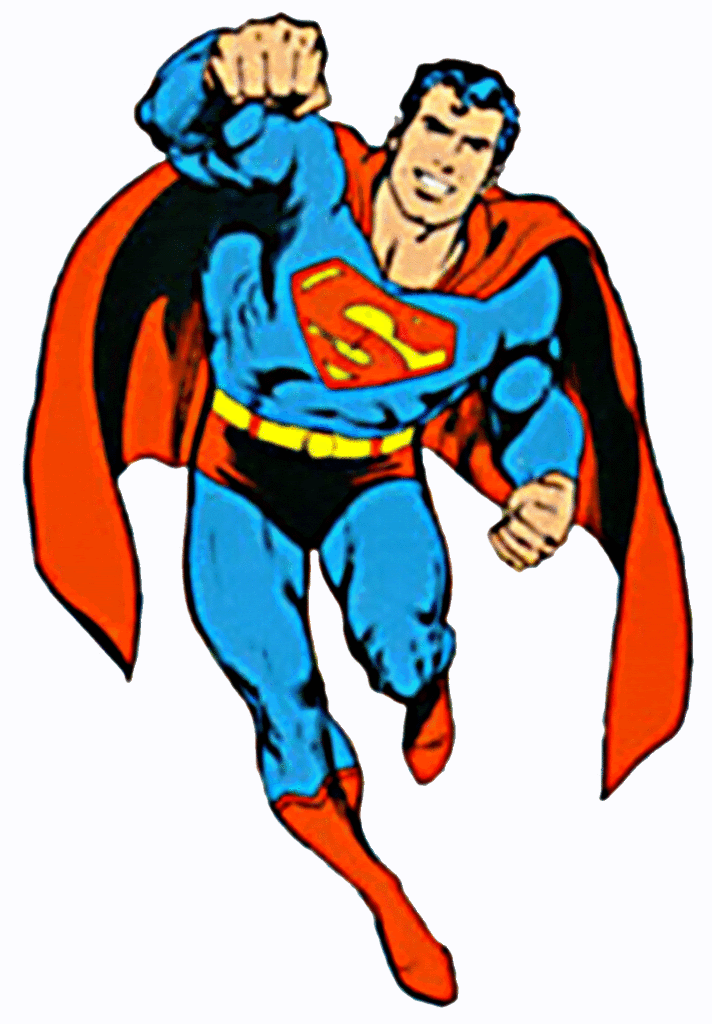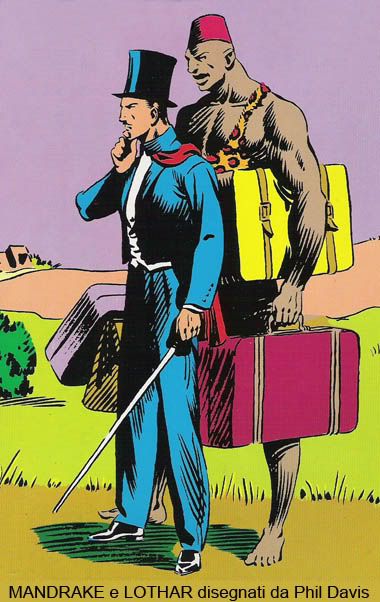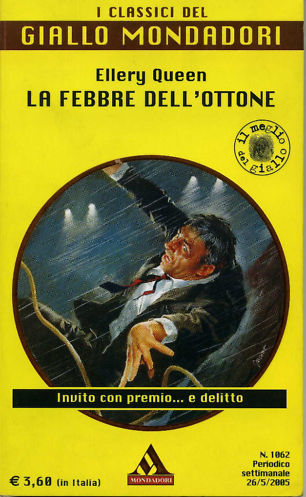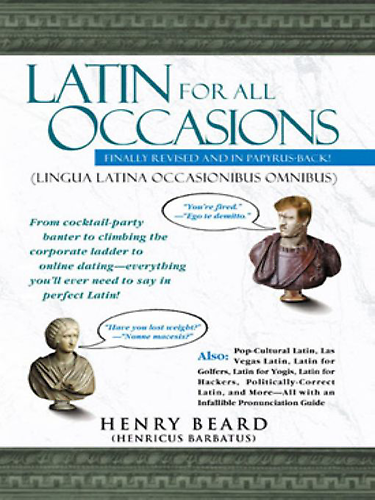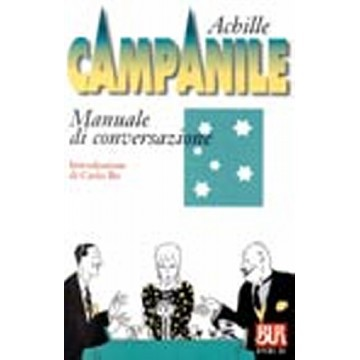Loved this book. And I say this from two perspectives: that of the person who knows the subject, and that the person who does not know him at all.
In what sense? Now I will explain.
I'm not a huge fan of comics. With few exceptions (which I'll discuss later) the comics world is completely foreign to me. At most I've seen some film adaptation (Spider-Man, Batman, the Fantastic Four). Of other characters, though well-known (Hulk, Flash) I knew practically nothing.
In this sense this book is excellent: he speaks in detail of the various heroes to explain not only the features of scientific, but also the social context in which they were born, the character and peculiarities more strictly narrative. At the same time explains the phenomenon of "comic", which helped me to get even better in context and understand some choices of the authors. Authors of which is given a very interesting interview at the end of the book that prompted me several ideas that I intend to speak soon on the blog.
But first, I was talking about exceptions. In fact, there is a comic that I know very well, I've read just the first story (reprinted in one volume a few years ago): Superman, which luckily is the first hero to be covered in the book. In this case I could fully appreciate the references to episodes specific, the subtleties of the book is rich. And I must say that the chapter on Superman touches upon some scientific problems (there is life in the universe? And if so, how likely is that there is intelligent?) Which I find very interesting. The explanations provided by the authors are well documented and made me discover a lot of information.
The second exception is a comic book but I would have thought to find covered in this book. I was expecting, for example, Mandrake (which is not), with all the talk of hypnotism. Or Wonder Woman, I do not know who has powers, but it sounds good (there is not even her). O Captain America, or maybe one of those who I do not know despite being famous.
But I never imagined to find a real hero of my childhood. The comic I've ever eaten, often snubbed by adults and young people, and above him, the bigger picture, of which I have read hundreds of stories. Carl Barks, the man of goslings. In fact (I wonder why ....) mentioning the story I remember well.
With this choice the authors have earned my undying respect.
Beautiful book, well written, enjoyable and interesting. Only drawback, too short:) Recommended
I'm not a huge fan of comics. With few exceptions (which I'll discuss later) the comics world is completely foreign to me. At most I've seen some film adaptation (Spider-Man, Batman, the Fantastic Four). Of other characters, though well-known (Hulk, Flash) I knew practically nothing.
In this sense this book is excellent: he speaks in detail of the various heroes to explain not only the features of scientific, but also the social context in which they were born, the character and peculiarities more strictly narrative. At the same time explains the phenomenon of "comic", which helped me to get even better in context and understand some choices of the authors. Authors of which is given a very interesting interview at the end of the book that prompted me several ideas that I intend to speak soon on the blog.
But first, I was talking about exceptions. In fact, there is a comic that I know very well, I've read just the first story (reprinted in one volume a few years ago): Superman, which luckily is the first hero to be covered in the book. In this case I could fully appreciate the references to episodes specific, the subtleties of the book is rich. And I must say that the chapter on Superman touches upon some scientific problems (there is life in the universe? And if so, how likely is that there is intelligent?) Which I find very interesting. The explanations provided by the authors are well documented and made me discover a lot of information.
The second exception is a comic book but I would have thought to find covered in this book. I was expecting, for example, Mandrake (which is not), with all the talk of hypnotism. Or Wonder Woman, I do not know who has powers, but it sounds good (there is not even her). O Captain America, or maybe one of those who I do not know despite being famous.
But I never imagined to find a real hero of my childhood. The comic I've ever eaten, often snubbed by adults and young people, and above him, the bigger picture, of which I have read hundreds of stories. Carl Barks, the man of goslings. In fact (I wonder why ....) mentioning the story I remember well.
With this choice the authors have earned my undying respect.
Beautiful book, well written, enjoyable and interesting. Only drawback, too short:) Recommended

